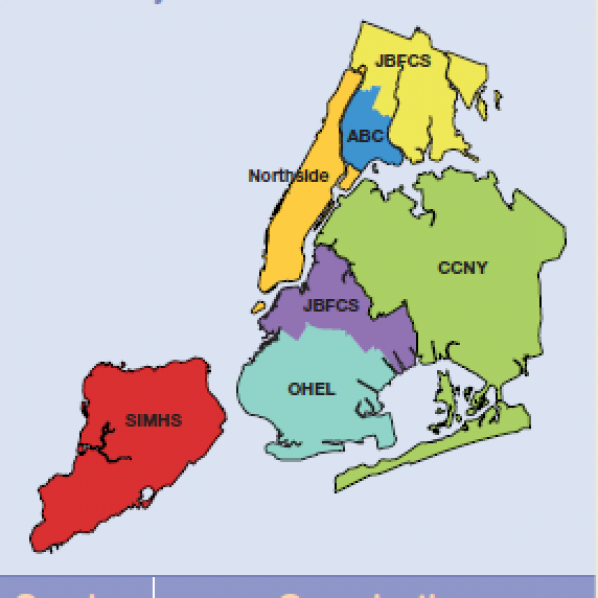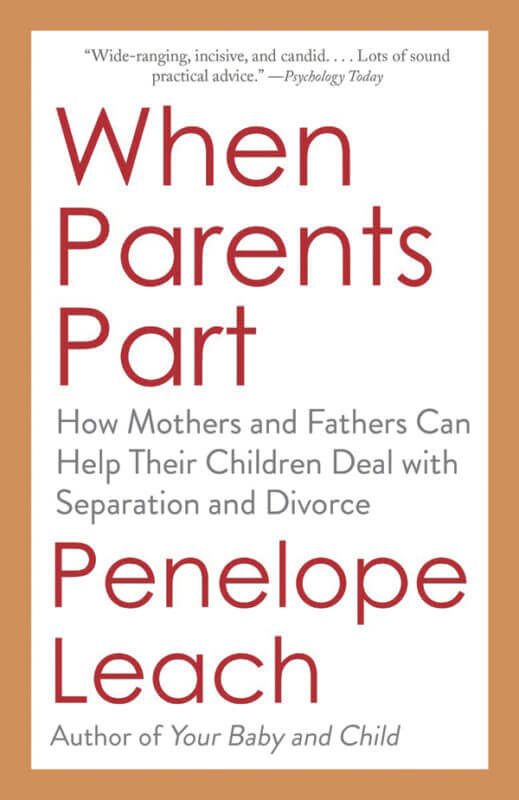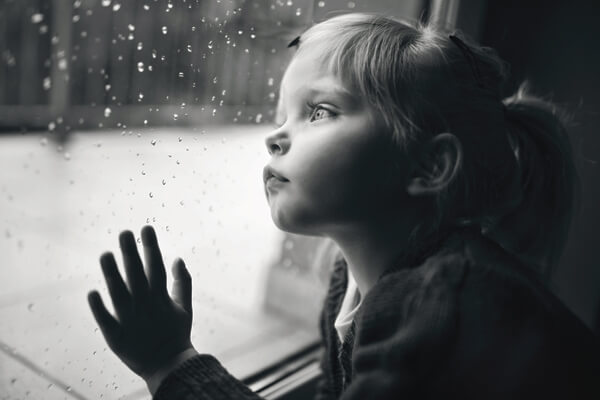
Signs Your Child May be Struggling with Their Mental Health (and the next steps)
It’s back to school season. With the fun and excitement that comes with a new school year, there also comes stress and anxiety for many teens and adolescents.
On top of typical stress that comes with growing up, today’s teens and adolescents are also coping with things like the aftermath of COVID-19 and added pressure from social media. Statistics from the Centers for Disease Control and Prevention show that diagnoses of depression and anxiety in children have increased over time.
Now more than ever, it’s important to know the signs that your child may be struggling with their mental health and how to help them.
We spoke with Dr. Christopher Burke, executive director for Newport Healthcare Connecticut about mental health in teens and adolescents and what parents can do to support their children, especially as they go back to school.
Psst… Check out The Future of Youth and Mental Health: An Expert Weighs In
What are some causes of stress, anxiety or other mental health problems in school-aged children?
Growing up in and of itself can be a source of stress for adolescents and teenagers.
“Just by virtue of being a young person and then a teenager, there’s a certain amount of stress and troubles that come with the growing brain or social development and adjusting to the environment around us,” Burke says.
Some of these typical stressors can include things like relational and social issues and academic expectations. Additionally, adolescents today have to deal with the aftereffects of social isolation following the COVID-19 pandemic and social expectations on social media.
“I have a lot of empathy and compassion,” Burke says. “It’s a tough time to be a kiddo these days, navigating all these obstacles.”
What are some signs that parents should look for that could indicate that their child is struggling with their mental health?
The best way for parents to keep a pulse on their children’s mental health is by having open conversations.
“It goes without saying that being compassionate, empathetic when you’re talking to your kids is key,” Burke says. “But more than talking to kids, I think parents are really well served by listening to our kids.”
Burke says one of the challenges is that many parents don’t know how to have these kinds of conversations with their kids. According to Burke, the best approach is to ask children open-ended questions about what they’re feeling and what’s going on in their life. These questions can include things like asking about something positive or negative that happened during the day.
“If the teen starts to open up, that’s when they feel a greater connectedness to their parents, less of a barrier between them,” Burke says. “A lot of the responsibility falls on parents to stay in tune with what’s going on with our kids.”
Through these conversations and connections, parents will be able to get a sense of whether their children are experiencing normal amounts of stress or if it’s manifesting into something bigger and more concerning.
Beyond that, there are some tangible signs that parents can look for that could indicate that their child is struggling with their mental health.
Some of these signs can include:
- Sleeping too much or not enough
- Angry outbursts, or other behavioral changes
- Changes in appetite
- Decline in academic performance
- Risky behavior
How can parents best support their children when mental health issues arise?
When the stress that a teen is facing becomes unmanageable and begins impacting things like relationships or academic performance, it’s a sign that they may need additional support. In these cases, Burke said parents should know that there are a significant amount of resources available.
The Center for Disease Control and Prevention lists resources for mental health treatment on their website, and individual facilities typically have resource lists of their own.
Burke says unfortunately, the availability of child and adolescent mental health professionals may not be enough to meet today’s need. However, Burke says resources are available with some searching.
“You really just have to keep looking and digging,” Burke says. “They’re out there, you have to find them.”
Burke also says it’s important to match the challenges your child is facing with the right resources. After starting with a screening with a mental health professional, this could look like therapy appointments as needed or something more intensive like an outpatient program.
What could parents do to mitigate mental health issues before they begin?
With students going back to school, Burke says one way parents can help is by establishing foundational routines with their children. This is especially important when transitioning out of summer vacation.
Many adolescents and teenagers have a circadian rhythm that “by nature really love staying up late and getting up late, but helping to establish a routine before the first week of school” can go a long way, Burke says. “I think routines are really an important piece of the puzzle.”
Burke also says limiting time on social media and playing video games within reason and encouraging kids to spend time outside could also be beneficial.
But perhaps most importantly, Burke recommends that parents “as much as they can, educate themselves on how to effectively open up conversations with their teens.”





















